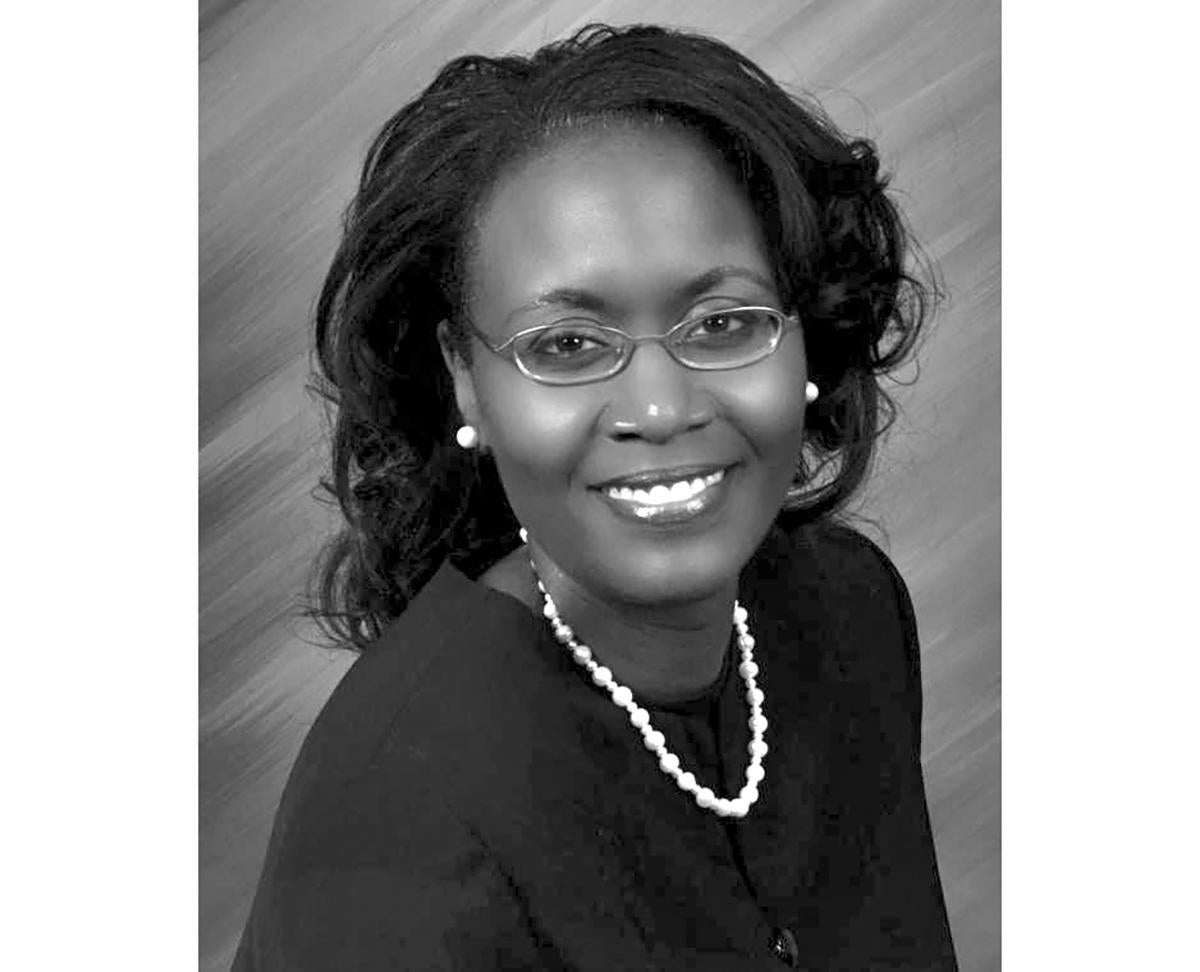
by Yvette Alex-Assensoh, Vice President for Equity and Inclusion, University of Oregon
Former U.S. Secretary of State and university professor Madeline Albright, in one of her many publications, underscored the need for women to be supportive of one another, spelling out that there is a special place in hell reserved for women who do not help one another. Her assertion stems from the fact that, invariably, genuine assistance and collaboration are factors that are central to everyone’s success. After all, no woman is an island unto herself, and every successful leader has, in one way or the other, benefited from the advice, guidance, advocacy, and support of others.
From my own capacity as a chief diversity officer in higher education, I see collaboration and the willingness to be helpful to others as one of women’s greatest challenges as well as our brightest opportunity in the area of diversity. In identifying collaboration as both crucial and a challenge, I do not mean to imply that all structural barriers have been undermined, and that no glass ceilings or unfair discrimination remains. Indeed, a casual glance at the suite of presidents or chief executives of academic institutions as well as governing boards and leadership teams at many of our educational institutions goes a long way to reveal that white males still dominate most aspects of decision-making, despite the fact that women are the majority of undergraduate students and increasingly comprise a majority of many graduate programs and professional schools.
At the same time, women and racial minorities have advanced far beyond what existed in the eighteenth century, when the vise of discrimination kept access to education, political participation, employment, and military service outside their reach. Therefore, as women and other minority groups continue their efforts to dismantle all visible barriers, those of us who have reached positions of authority, trust, and prominence must now think about the extent to which we are leading and operating in contexts that are still fundamentally unfair, exclusive, and inequitable. We must, as a consequence, be ever attentive to organizational structures, processes, and norms to ensure that they are allowing society to benefit from diverse talent, ideas, cultures, and experiences.
In the context of Professor Albright’s quoted assertion, one example of women collaborating with other women in ways that make all of America better is in the U.S. Senate. At least twenty women now serve in important roles on the Senate Appropriations, Armed Services, Finance, and Foreign Relations Committees, which are among the most powerful committees on Capitol Hill. Those women are not using their positions to polish their own résumés, but they are levering their positions on the committees to open or bring into the fore important issues that are usually swept under the rug. One example of this phenomenon is the issue of sexual assault in the armed forces. Female legislators are tackling this issue through collaboration in writing several powerful bills intended to end or minimize incidents of sexual assault against women in our military. These collaborations are taking place with women in bipartisan ways and across different generations. Most certainly, through their collaboration, they are helping other women and our country at large.
We can also realize the positive benefits of collaboration in higher education, where there are a multitude of issues to address. These issues include the dearth of women in the C-suite; inadequate transparency in tenure, promotion, and other advancement processes; institutionalization of family-friendly policies and anti-racism policies; and mentoring, coaching, and professional development on campuses. In higher ed, we have a captive audience of students, many of them women, who are watching us as models for their own lives. As feminist scholarship has evolved, some of its most powerful works have highlighted the salience of intersectionality. Other writers have extended invitations for scholars to reconceptualize their notions of and about society through the lens of anti-racist as well as feminist scholarship and practices. Yet, there is much work for all of us to do together in producing new knowledge, insights, and practices that can bolster local as well as global forms of resistance to all forms of repression and marginalization.
—Yvette Alex-Assensoh is the University of Oregon's vice president for Equity and Inclusion. She is a political scientist and attorney and served previously as dean of the Office for Women's Affairs and Director of Graduate Studies and Admissions in the Department of Political Science, both at Indiana University.

